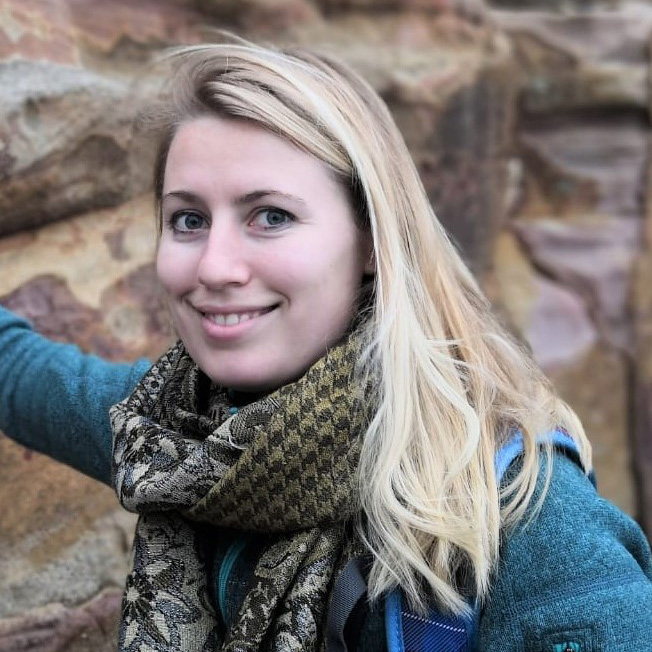
‘To dare cross boundaries and look beyond your discipline/niche to collaborate and solve issues together with other scientists or stakeholders. ’
—— Ms. Viola van Onselen
Q: What skills and qualities does scientific research require?
A: When embarking on a PhD I discovered that a huge part of developing your own project is to first consider what you stand for, what you value and what you like to do next in your career. This really helped finding my own identity through my research work. My research is focused on hazard risk reduction and sustainable methods to reduce the impacts of climate change. I realised that to me it is very important to have an impact with my research, that extends beyond the scientific community and can contribute to a healthier society and environment.
- Commitment and persistence; research projects can have setbacks, take a long time, need a different angle, etc. You need to be committed and take responsibility to get results.
- Critical and analytical skills; you often need to switch quickly, learn new things in a short time span, be critical of errors of yourself and peers, be curious and ask lots of questions.
- Communication skills; since research projects become increasingly inter-and multidisciplinary, communication is a huge factor for the successful outcomes. I have the feeling this skill often seems to be undervalued.
Moreover, I would say a skill any scientist should require is to dare cross boundaries and look beyond your discipline/niche to collaborate and solve issues together with other scientists or stakeholders.
